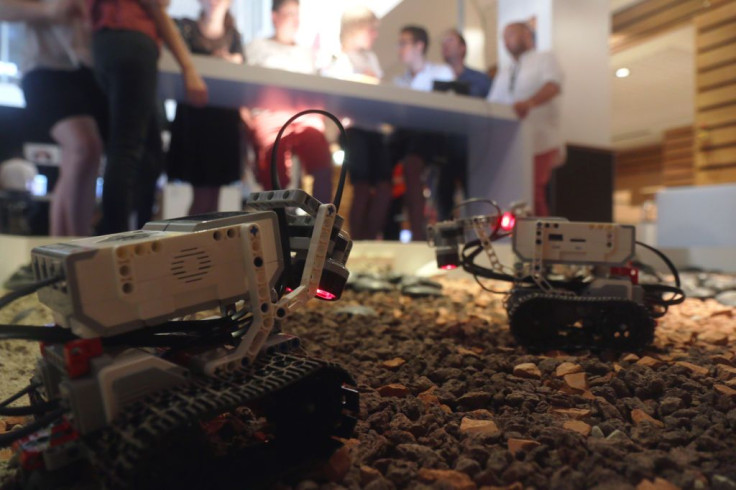Life On Mars: What Job Can You Apply For On The Red Planet?

It’s no longer impossible to imagine that the future of humans may no longer be rooted on Earth and that we might be starting a new life on another planet.
Among the possibilities, Planet Mars poses the very real possibility of having a human colony. For years space agencies like NASA and ESA, among others, have achieved various milestones in trying to determine if life can survive on the Red Planet. Private firms like SpaceX is actually ready to start exploring Mars and countries like Israel and China are preparing their astronauts for the extreme conditions of the planet.
Now in the advent of the very real possibility that humans can indeed live on Mars, questions pertaining to the economic side of this planetary exploration arose. Part of the questions includes what types of jobs could humans actually get should they live in the Red Planet.
According to Forbes, initial work on the Red Planet would probably involve construction as much is needed to be done to complete structures for human settlement.
Paul Wooster, the principal Mars development engineer at SpaceX, said that the first jobs on Mars will involve tasks on construction, small-scale mining (including prospecting), and low-rate manufacturing activities. Jobs could also include cooking and cleaning for those who will do most of the heavy work on the Red Planet.
The engineer also believes that machines would play a large role in the first few years of humans on Mars. This means that a significant portion of the workforce could include those who can do machine maintenance and upkeep.
Now once infrastructure improves, only then can a broader range of job opportunities can come up. Some sectors that will most likely need to be filled include medicine, agriculture, education and service.
Of course, as this is literally still alien territory for most humans, those who have backgrounds in science and mathematics will most likely have an edge.
“An early Mars colony could generate a lot of income by being an inventors colony. Isolated from the distractions of Earth and challenged to come up with solutions to problems on the planet, Mars will be a pressure cooker for innovation with inhabitants being free to innovate without the bureaucracy on Earth,” Dr. Robert Zubrin, founder of the Mars Society and author of the new book "The Case for Space," said.
© Copyright IBTimes 2024. All rights reserved.





















